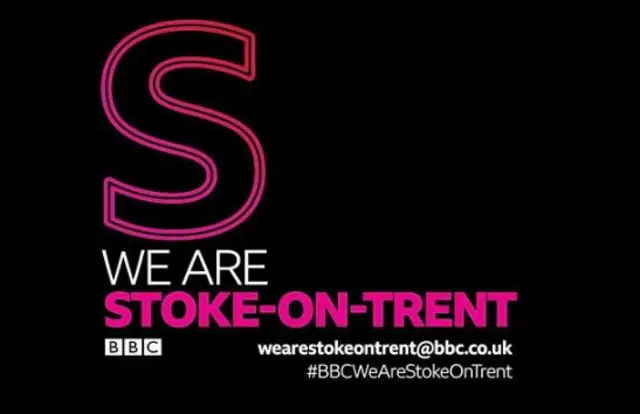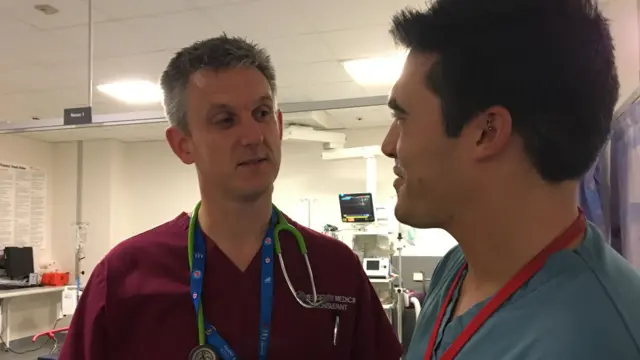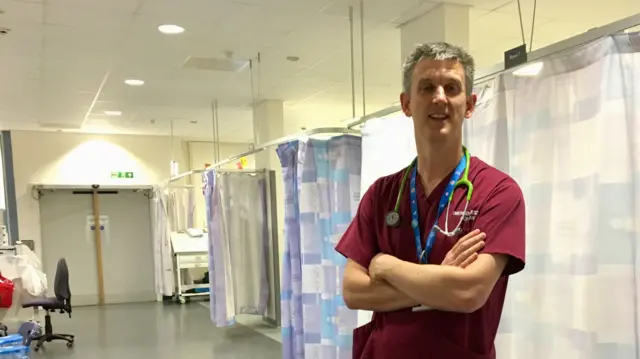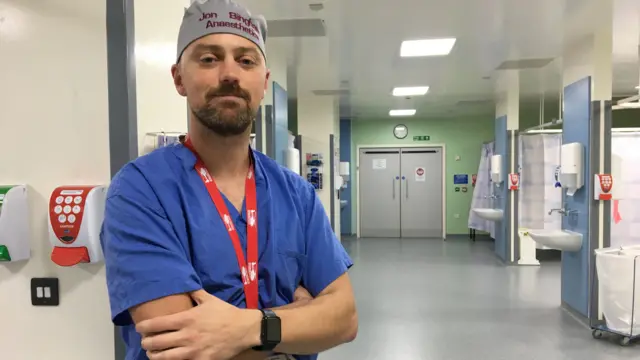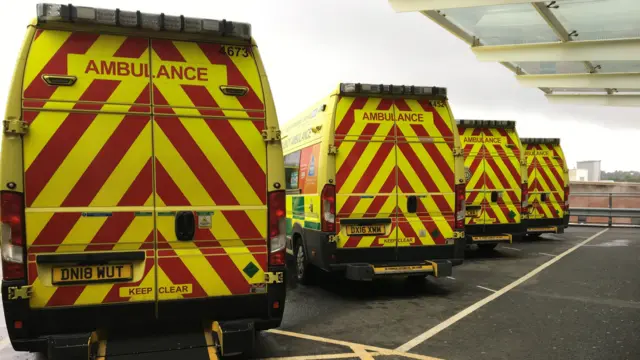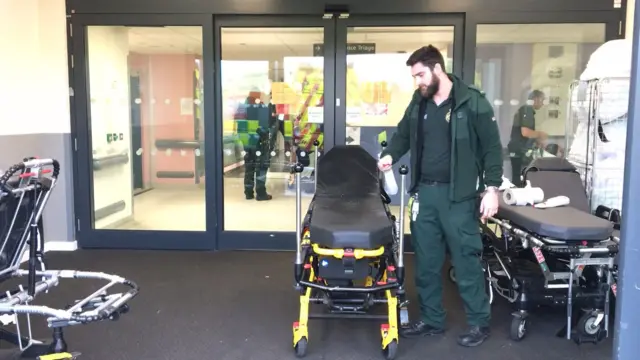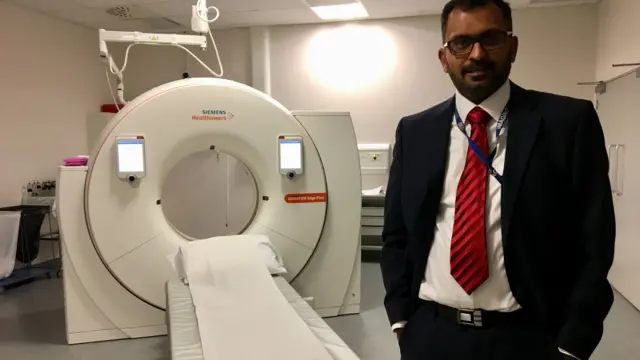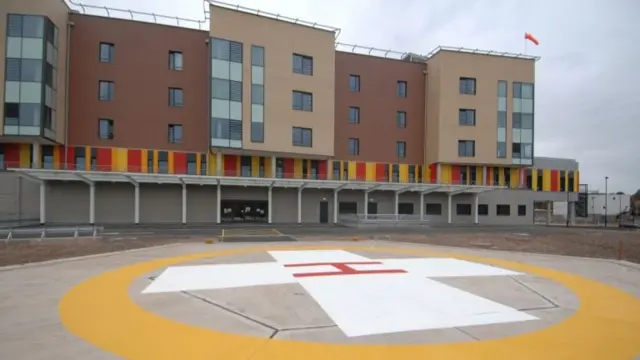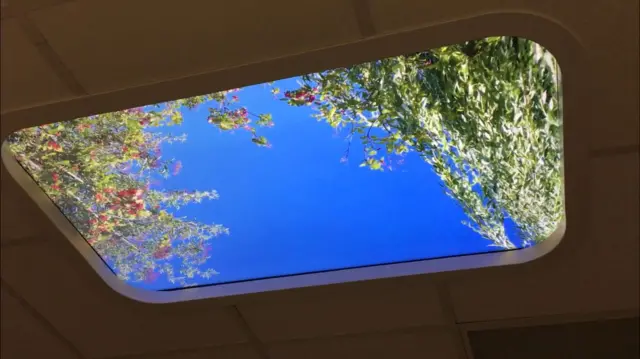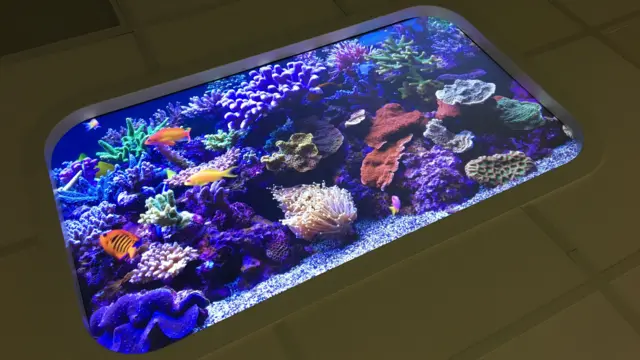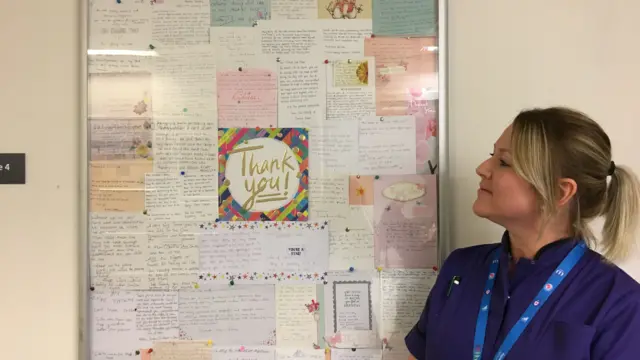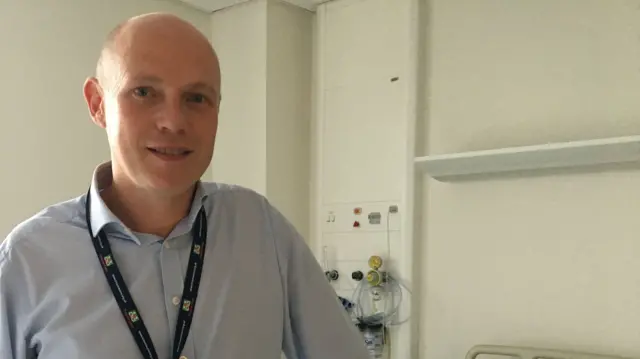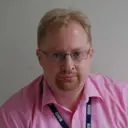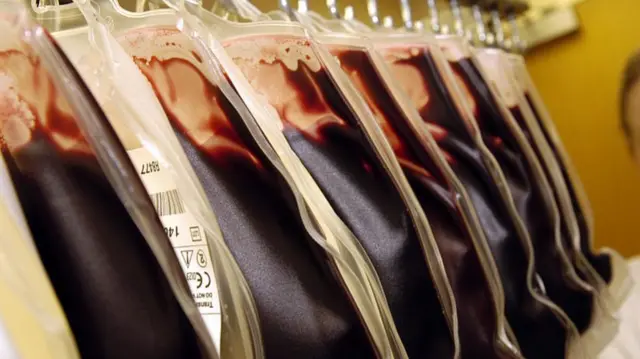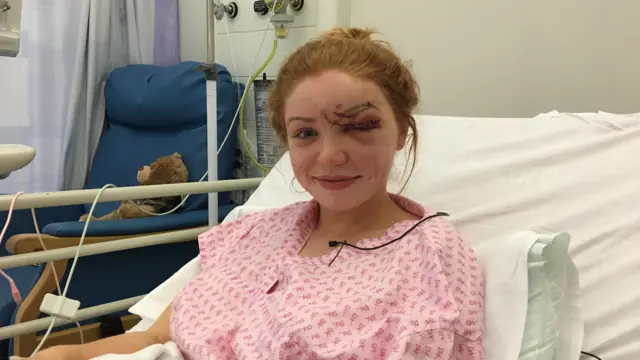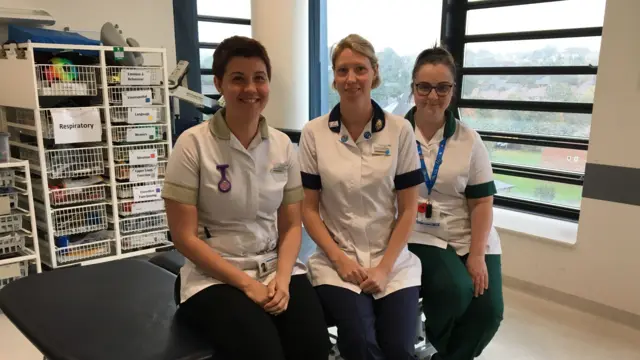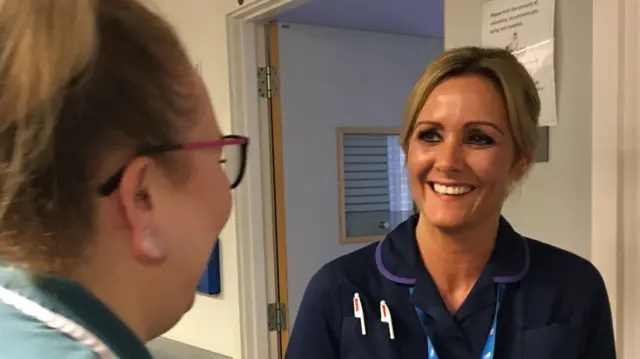We Are Stoke-on-Trent: Our coverage across the daypublished at 16:50 BST 24 September 2019
This brings to an end the live coverage of our tour of the major trauma centre at Royal Stoke University Hospital.
Our updates have been part of the BBC's We Are Stoke-on-Trent project - you can find more content here. You can also follow #BBCWeAreStokeonTrent on social media.
For more updates and breaking news across the wider West Midlands, you can follow this live stream.
In the meantime, thank you for joining us in Stoke-on-Trent and have a very pleasant evening.
